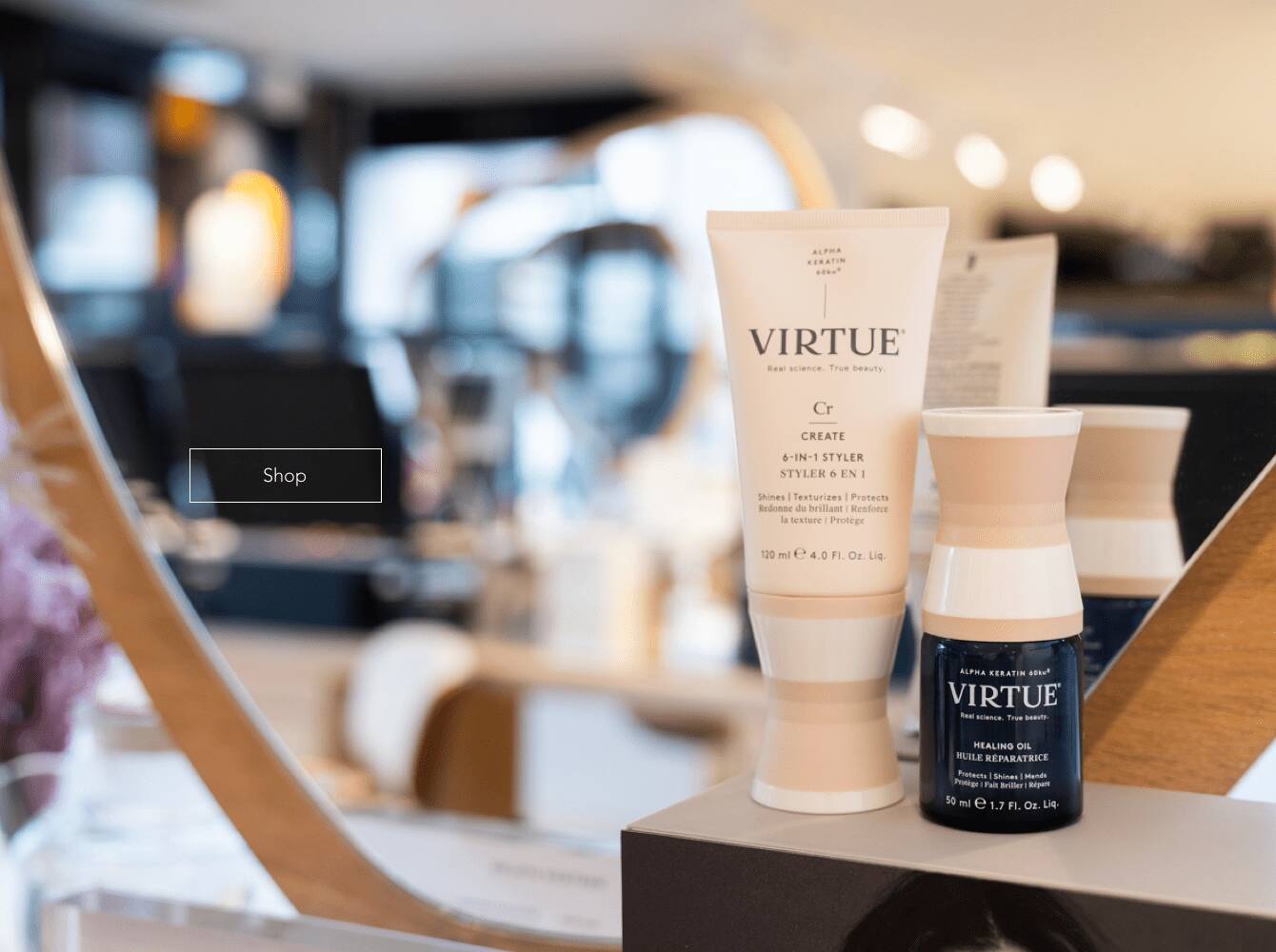Chemical exfoliants, such as AHA, BHA and PHA, have a lot of positive benefits for your skin. These fruit acids remove dead skin cells that can cause all kinds of skin problems, such as blemishes and dullness. In addition, a good exfoliant stimulates cell regeneration, the renewal of your skin cells. This is essential for repairing the skin and preventing and fighting signs of ageing, such as fine lines and wrinkles. Are you not yet using a chemical exfoliant, or are you curious how best to incorporate fruit acids into your skincare routine? In this blog, we explain exactly what these acids do and when your skin could use a chemical peel.
What are fruit acids?
As the name might reveal, most fruit acids are derived from fruits, such as apples, grapes and citrus fruits. There are also chemical fruit acids that are not derived from fruit but are chemically similar in their structure. Fruit acids increase the pH level in a product, also known as acidity. Our skin naturally has a pH level of around 5.5. When a product with a lower pH level is used on the skin, it has an exfoliating effect. This removes the dead skin layer, also known as the stratum corneum. A chemical peel using fruit acids is beneficial for skin conditions like acne and pigmentation and slows down skin ageing.Which fruit acids are there?
There are three types of fruit acids: AHAs, BHAs and PHAs. These three types are used in various skincare products, and you often see them mentioned on the product packaging.AHA
AHA stands for Alpha Hydroxy Acid. AHAs are water-soluble acids that loosen dead skin cells from the top skin layer. To speak of an exfoliating effect, a product must have a pH between 3 and 5. Higher concentrations are used in most cases only by professionals, such as beauticians and dermatologists.
BHA
BHA stands for Beta Hydroxy Acid and is soluble in oil. A common BHA is a salicylic acid derived from willow bark. BHAs are ideally suited for oilier skin as they easily mix with oil and penetrate deep into pores. Like AHAs, BHAs provide exfoliation only in the deeper skin layers.
PHA
Finally, there is PHA, which stands for Poly Hydroxy Acid. This acid has almost the same action as AHAs, but does not penetrate as deeply into the skin. Due to the large size of the chemical molecule, the ingredient mainly removes dead skin cells on the top layer of the skin. PHAs are slightly gentler on the skin than AHAs and are therefore particularly suitable for sensitive skin.
How to use AHA, BHA and PHA in your skincare routine
There are different types of skincare products that incorporate fruit acids. There are powerful peels that you should use no more than once a week. There are also serums and toners for a mild, daily exfoliant. In addition, it is possible to combine AHA, BHA and PHA products. It all depends on the wishes and needs of your skin and what you are looking for. Ask one of our Skins Experts for advice. They will be happy to offer personal advice on the products and combinations best suited to your skin.
Fruit acids can make the skin extra sensitive. It is therefore important that you follow the instructions for use carefully, such as how often the product can be used. To ensure the health and safety of your skin, you should follow this advice. It is also important that you protect your skin extra well with an SPF, as fruit acids make the skin vulnerable to the harmful effects of the sun. Of course, wearing sun protection is always important, but it is essential after using an AHA, BHA or PHA.








